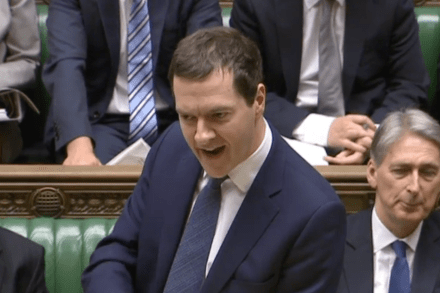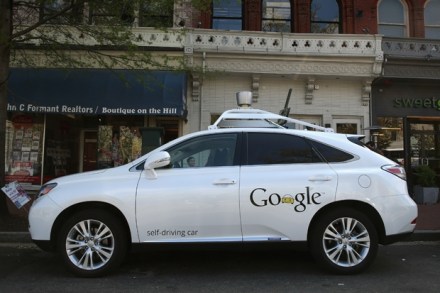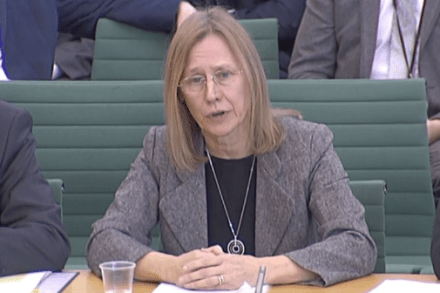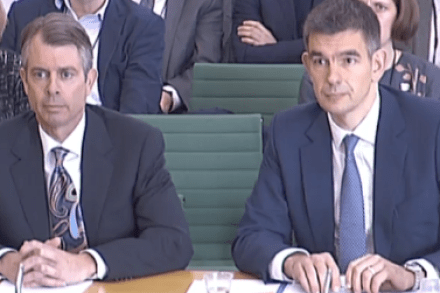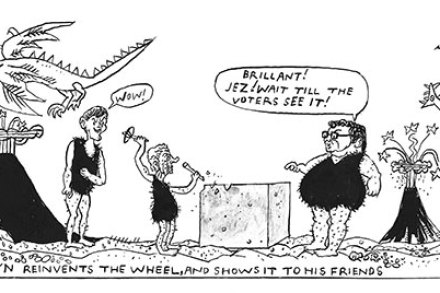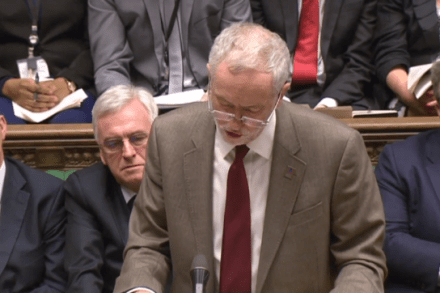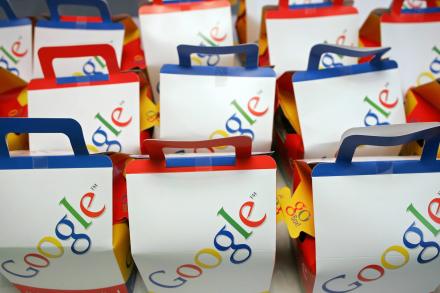Dancing with robots
Back in 2012, a team at Google built a state-of-the-art artificial intelligence network and fed it ten million randomly selected images from YouTube. The computer churned through them, and announced that it kept finding these strange things with furry faces. It had, in other words, discovered cats. Artificial intelligence has, all of a sudden, become the next big thing again. It is not so much sweeping across our world as seeping into it, with a combination of enormous computing power and the latest ‘deep learning’ techniques promising to give us better medical diagnoses, better devices, better recipes and better lives. Soon, it might even be able to give us new





